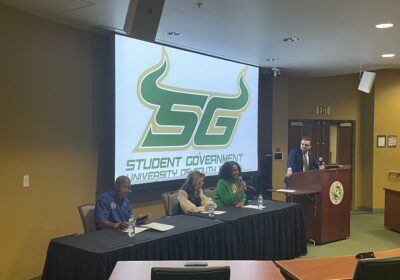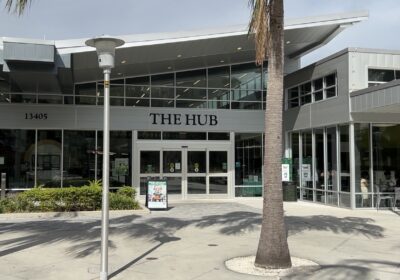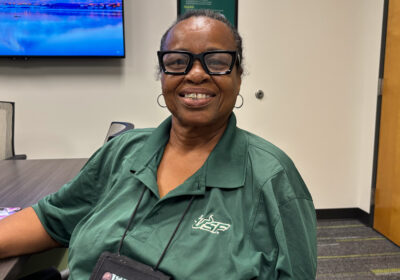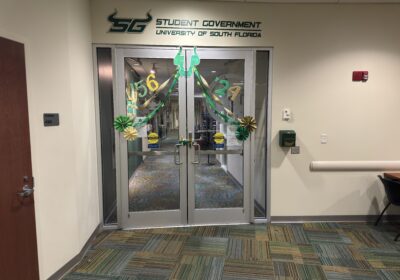Effects of pandemic continue to alter in-person learning styles for some students
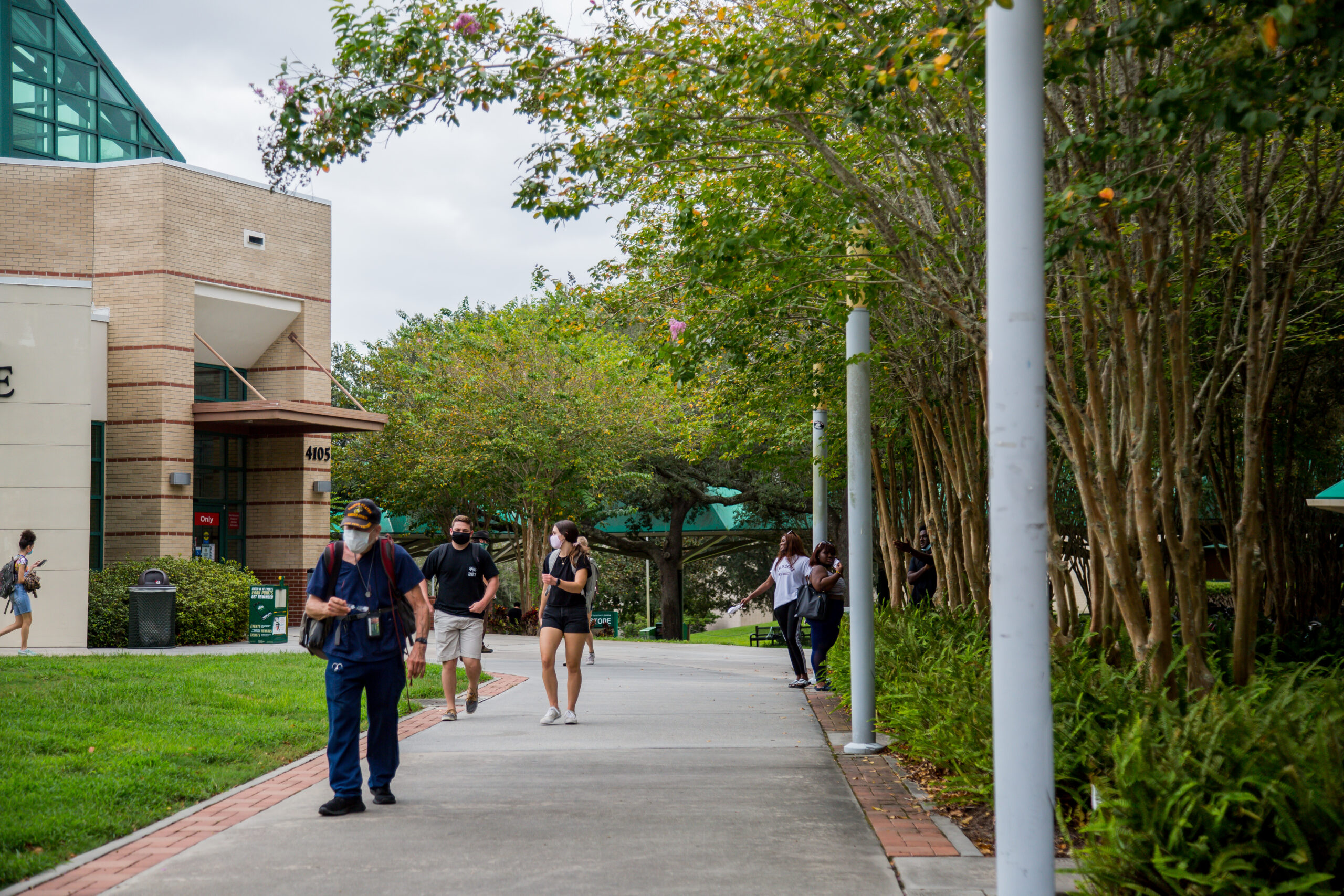
Being a college student at the tail end of the pandemic comes with a new camaraderie among classmates, according to Emma Sievert, junior integrated public relations and advertising major.
As students have collectively bounced between different classroom modalities, she said it’s important to make sure everyone is paying attention in class, because it has become more strenuous.
“[My classmates and I] are always talking about similar experiences and it’s never actually about the work itself,” Sievert said. “I noticed a lot of people keep each other accountable now because the world has changed but the grading system has stayed the same.”
Even with campus life resembling more of a pre-pandemic university for more than a year now, some students continue to feel their abilities to perform and remain attentive in the classroom have dwindled following the lockdown.
From a professor’s perspective, Scott Solomon, director of the School of Interdisciplinary Global Studies, said students appear to be continually challenged by what was formerly the bare minimum.
“When [students] come back to the face-to-face environment, it’s different and it requires levels of concentration for an hour or an hour and 15 minutes. And I think that can be a challenge,” Solomon said.
“I think students should be able to sit through a 50-minute lecture. In almost every class, somebody sort of gets up in the middle and going out and coming back, or just leaving the classroom at some point.”
Sievert said she believes students have some kind of academic whiplash from having to pivot quickly online and then be expected to return to in-person learning. It’s also important to recognize that the pandemic impacted a lot more than just students’ schoolwork, including their families, finances and health, according to Sievert.
“I feel a lot of students wonder how far do we actually get back to normal or how far can we go until all of a sudden we have to go back to what we were going to do,” she said.
“We’re just tired of everything. A lot of things socially, economically, all these things are contributing to each in our own personal lives, like things that could affect how we go about teaching, going on study and going about our motivation.”
Loss of focus and concentration appears to be a common result of COVID-19-related experiences, according to Penn State Student Affairs. In a study with an emphasis on mental health, out of the over 43,000 student participants, 68% reported a decrease in their ability to pay attention during tasks.
While instruction was primarily online, Solomon said some students became comfortable multitasking and learned to complete work while being entertained by other devices. This kind of resocialization changed the way students would normally go about learning in person, according to Solomon.
”Especially asynchronous classes, where you’re kind of working at your own pace, you can sort of set your schedule the way you want,” he said. “[Students] may be watching television, while reading the material and these kinds of things.”
Having so much information to consume in such little time tends to decrease one’s overall attention span, according to a 2021 Muck Rack article. In the year 2000, the article noted the average attention span of an adult was about 12 seconds. Since then, it has plummeted to about nine seconds, or the same as a pet goldfish.
As students have developed multitasking tendencies, Solomon said he understands their desire to check social media or text their friends during class. But he also said students need to readapt to in-person instruction, and part of that is by paying full attention to lectures.
“I know that results in students often being tempted by social media and those sorts of distractions. And that’s been going on, since before the pandemic, for sure,” Solomon said.
“There might be really good reasons why you find it difficult to concentrate, because you’ve been through this sort of roller coaster of experience, which is not to say that you get a free pass.”
As a school director, Solomon said these factors impacting students’ abilities to perform do not go unnoticed by faculty and other professors, as they’ve been impacted similarly. He said students need to be patient with themselves as they work hard to readjust.
“I think that we need to have some compassion and some self compassion, I think it’s easy to kind of beat ourselves up about feeling burnout, or just feeling like ‘why can’t I concentrate?’” he said. “We’re all human, and this was a really difficult period of time.”

